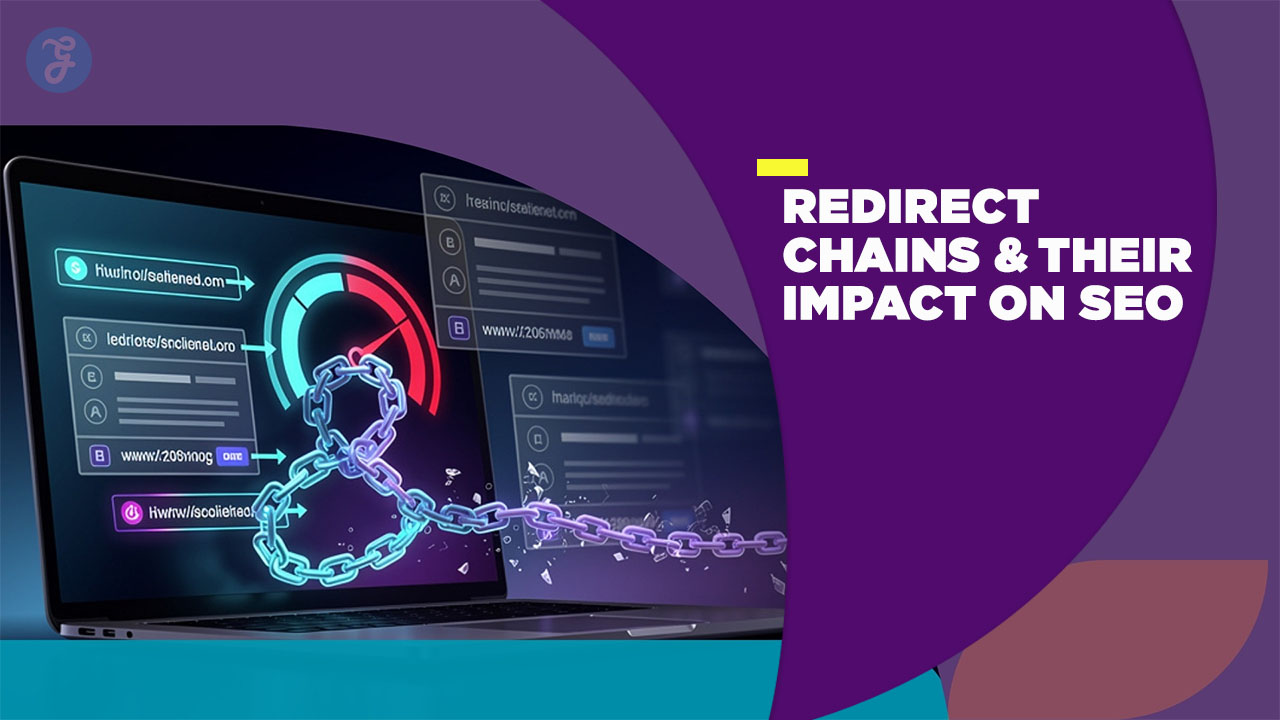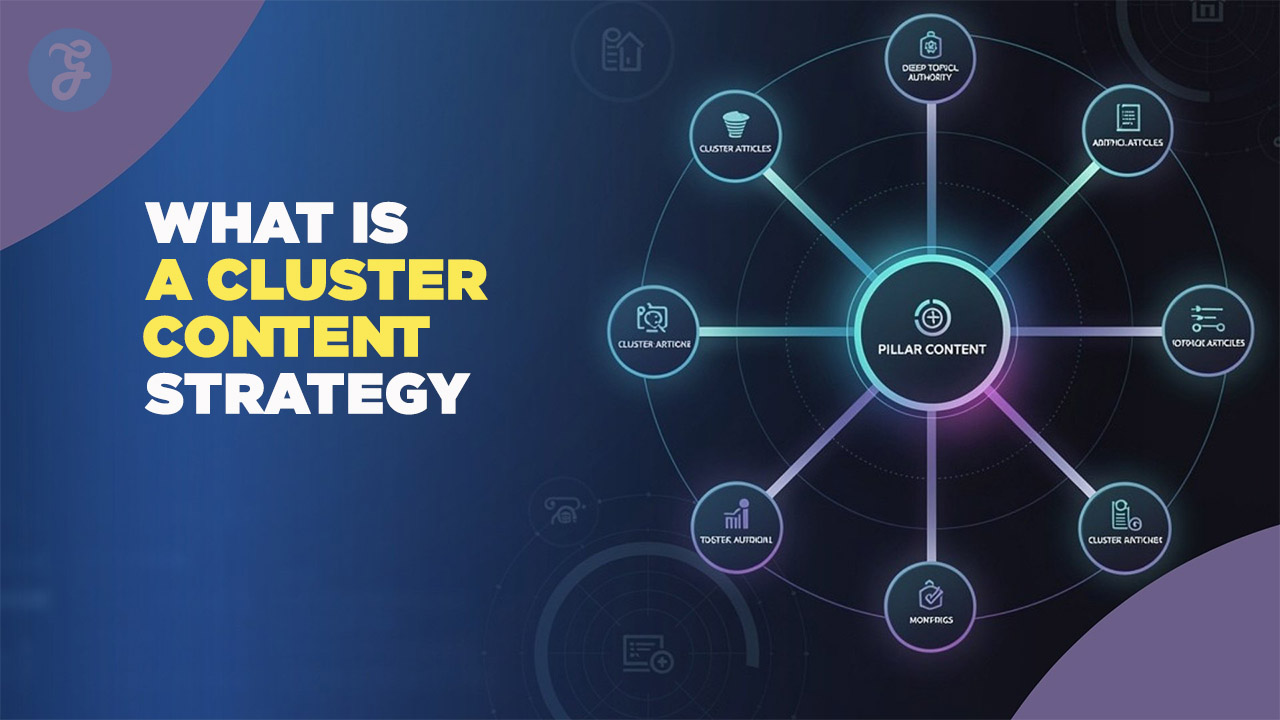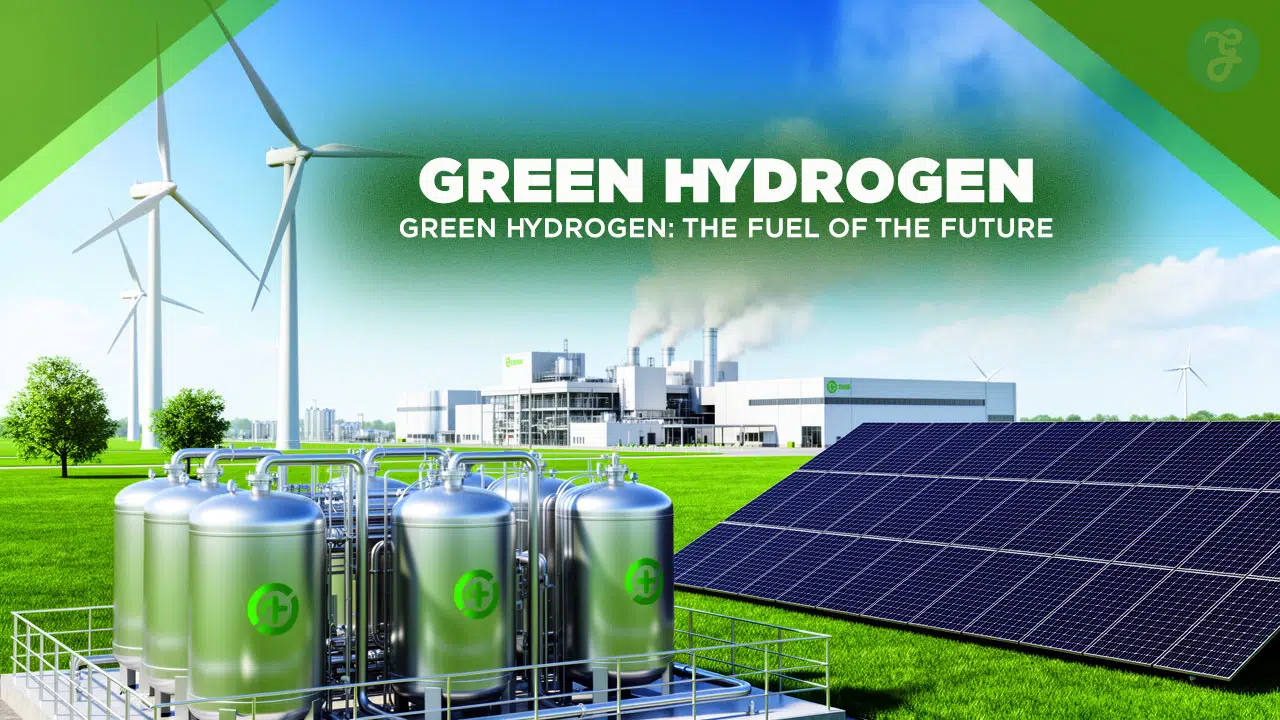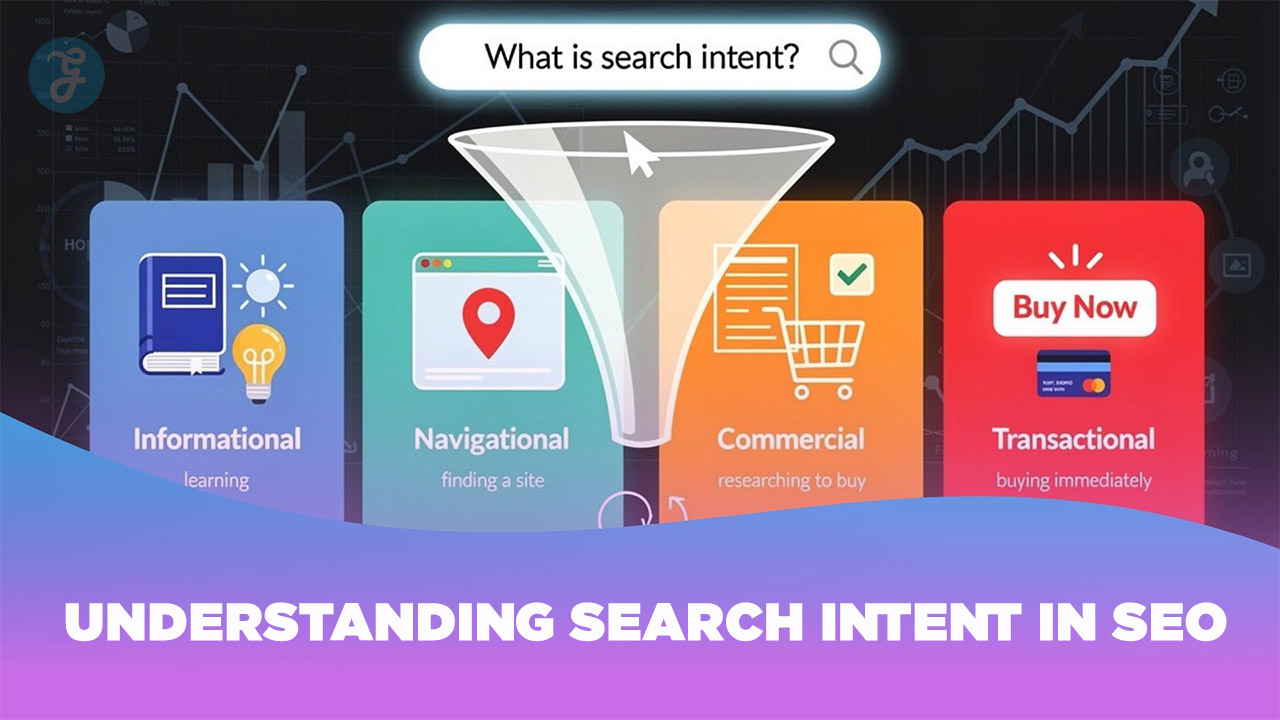Meta CEO Mark Zuckerberg has unveiled a transformative vision for the advertising industry, aiming to automate the entire ad creation and delivery process using artificial intelligence (AI). This approach, termed “infinite creative,” seeks to simplify advertising by allowing businesses to input their objectives and budget, with Meta’s AI handling the rest—from content creation to audience targeting and performance measurement.
Meta’s AI-Driven Advertising Model
In a recent interview with Stratechery’s Ben Thompson, Zuckerberg detailed this AI-centric advertising strategy. He envisions a system where businesses provide their goals and financial parameters, and Meta’s AI generates tailored ads, identifies optimal audiences, and continuously refines campaigns based on performance data. This model eliminates the need for traditional creative input, manual targeting, and external performance assessments.
Zuckerberg describes this as redefining advertising into an “AI agent” that delivers measurable business results at scale.
Industry Reactions and Concerns
The advertising community has expressed significant concerns regarding this shift. One major issue is the potential lack of transparency, as Meta would be responsible for both ad creation and performance reporting, raising questions about accountability. An agency CEO commented, “No clients will trust what they spit out as they are basically checking their own homework.”
Brand safety is another critical concern. With Meta’s recent changes to content moderation—such as replacing third-party fact-checkers with a community-based system—advertisers worry about their content appearing alongside inappropriate or harmful material.
Despite these concerns, many advertisers continue to invest in Meta’s platforms due to their vast reach and effective targeting capabilities. Some industry professionals suggest that brand safety controls are limited and that advertisers must adapt to the evolving digital landscape.
Meta’s Financial Performance and AI Investments
Meta’s financial results reflect the growing impact of AI on its advertising business. In the first quarter of 2025, the company reported revenues of $42.3 billion, a 16% increase year-over-year, with net income rising 35% to $16.7 billion.
To support its AI initiatives, Meta has increased its capital expenditure forecast for 2025 to between $64 billion and $72 billion. These investments aim to enhance AI infrastructure and develop new tools like Llama 4 and a standalone AI assistant app.
Implications for the Advertising Industry
Meta’s AI-driven approach could significantly disrupt traditional advertising models. By automating creative development, targeting, and performance analysis, the role of ad agencies and creative professionals may diminish. This shift could lead to cost savings for businesses but also raises concerns about the quality and authenticity of AI-generated content.
Furthermore, the consolidation of ad creation and performance reporting within a single platform like Meta challenges the industry’s reliance on third-party verification and accountability. As AI continues to evolve, the advertising industry must navigate these changes carefully, balancing innovation with transparency and brand integrity.
Mark Zuckerberg’s vision for AI-powered advertising represents a significant shift in how businesses approach marketing. While offering potential efficiencies and scalability, it also introduces challenges related to transparency, brand safety, and the role of human creativity. As Meta continues to develop and implement these AI tools, the advertising industry will need to adapt and address these concerns to ensure responsible and effective marketing practices.










































